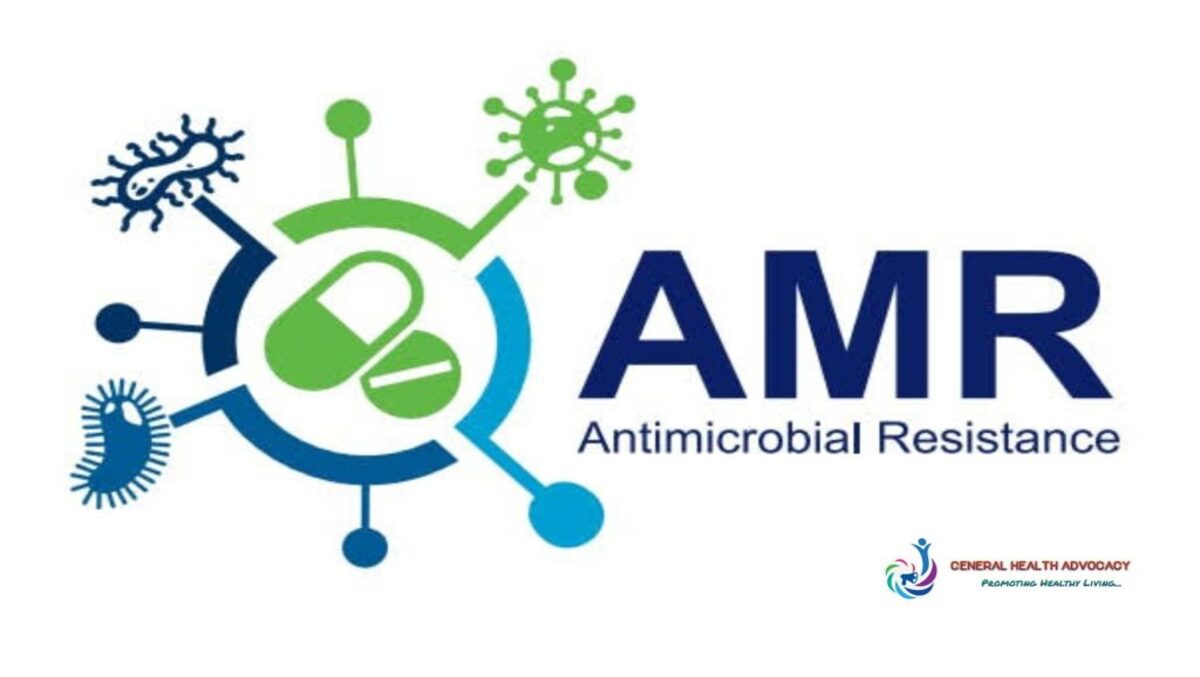Context:
Ahead of the September 26 UN General Assembly High-Level Meeting on antimicrobial resistance, the World Health Organization last week published its first-ever guidance on antibiotic pollution from manufacturing.
Background:
AMR consequently, the creation of “superbugs” — affects healthcare everywhere, but has especially poor outcomes in patients suffering from multiple diseases.
Key takeaways:
- Antimicrobial resistance (AMR) is a significant global health threat that occurs when microorganisms such as bacteria, viruses, fungi, and parasites evolve to resist the effects of antimicrobial drugs like antibiotics, antivirals, antifungals, and antiparasitics.
- This resistance makes infections harder to treat, leading to prolonged illness, higher medical costs, and increased mortality.
Causes of AMR:
Misuse and Overuse of antimicrobials:
- The primary drivers of AMR are the misuse and overuse of antimicrobials in humans, animals, and agriculture. For example, using antibiotics for viral infections or not completing prescribed antibiotic courses can contribute to resistance.
- Excessive use of antimicrobial drugs can lead to the creation of resistant or extremely resistant superbugs, which can circulate in hospitals, through drinking water, or sewers. Infections caused by these pathogens will not respond to commonly prescribed antibiotics.
- Poor Infection Control: Inadequate infection prevention and control practices in healthcare settings can also accelerate the spread of resistant microorganisms.
Impact on Health:
- Treatment Challenges: AMR makes common infections harder to treat and increases the risk of disease spread, severe illness, and death. It also complicates medical procedures like surgeries and cancer treatments, which rely on effective antimicrobials to prevent infections.
- Economic Burden: The economic impact of AMR is substantial, with significant healthcare costs and potential losses in global GDP.
Preventive Measures:
- Infection Prevention: Enhancing infection prevention and control measures in healthcare settings and communities.
- Vaccination: Promoting vaccination to reduce the need for antimicrobials by preventing infections.
- Global Collaboration: International cooperation is essential to tackle AMR effectively, as resistant pathogens do not respect borders.

.jpg)
.jpg)

Comments (0)